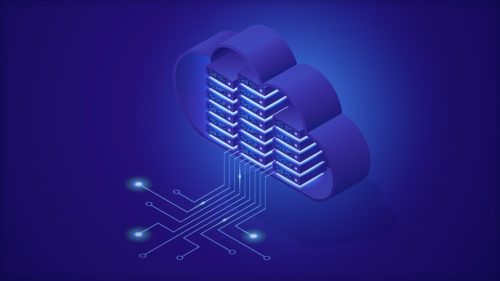VMware – Should I Stay or Should I Go?
• January 4, 2024

Recently Broadcom has closed its acquisition of VMware. With new ownership come changes – and the unknown. I have been in innumerable client conversations about what to do about budgets and strategy with some of the changes that have been announced. As I explore these conversations with people, I am constantly reminded of a song by the Clash and its lyrics:
Should I stay or should I go now?
If I go there will be trouble
And if I stay it will be double
So come on and let me know
So here is my take on the changes announced so far and what it really means to the ecosystem.
1) VMware has consolidated its offerings; offering only a few bundled choices.
VMware is part of a highly competitive space where value and differentiation is KEY to survival. As a software company, they had over 150 individual products that were meant to play together to reach their pinnacle vision of the software defined future. The global shift to cloud / utility thinking is based on the idea that people pay for the services that deliver the outcomes they need on a periodic basis. In consolidating to a few choice bundles, VMware is taking a stand on what they believe is required for them to deliver on the outcomes customer demand and differentiates them against their competitors. It also encourages VMware to develop and think about outcomes and reduce the complexity required to install and maintain the various components of the software defined datacenter.
2) VMware has effectively dropped its security and VDI products.
This is more difficult. The truth is that the pandemic brought new life and investment into how to provide secure access to staff. Increased regulation has raised the bar on creating enclaves to do work and protect data from malicious actors. This brought new life and with it new ideas on the architecture and technology that should underpin the future state. In deciding to focus on the core of what defined VMware as “the best in the world” the definition of endpoint to Multi-cloud has been changed. It will be interesting to see how investments evolve over the next few years in VDI, SASE, and Desktop Virtualization and which of the legacy vendors define the next generation or fall behind to newcomers in the space. I don’t think anyone would disagree that having a company take ownership of the end-user technologies, with it being a key focus on a new business, would be a good thing; sometimes it felt like it got lost in the shuffle at VMware.
3) Budgets are blown before the year has started…
VMware announced that with the end of perpetual licensing, the idea of renewing support would also be gone. That means you can continue to use your perpetual licenses without support or you can move to the new subscription model (and bundles) as a go-forward plan. VMware has taken some pains to try to make this as soft of a landing as possible. And from discussions with Broadcom staff, there is the expectation of working with customers to forge a win-win path. I haven’t seen a reason to panic yet, it’s just too new for all the use cases to have been documented and processes to have been thought through. Broadcom does not want everyone to jump ship – they are just taking initiatives that have been running for YEARS and making them the only option.
If you’re a VMWare customer and need help navigating the change, Mavenspire is happy to help you figure out the right path for you. If your on a cloud journey and need to accelerate, or if you are evaluating other options, we have the expertise to get everyone focusing on how to deliver on your mission critical OUTCOMES.

